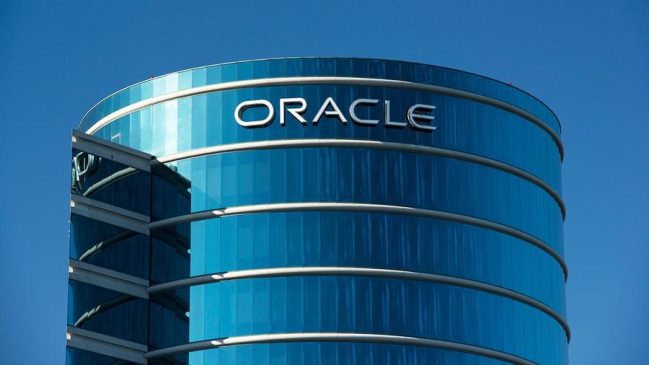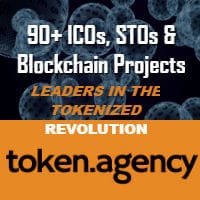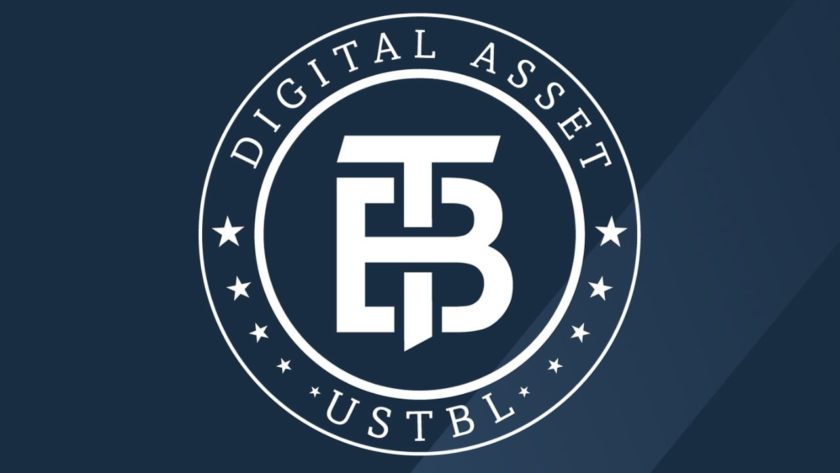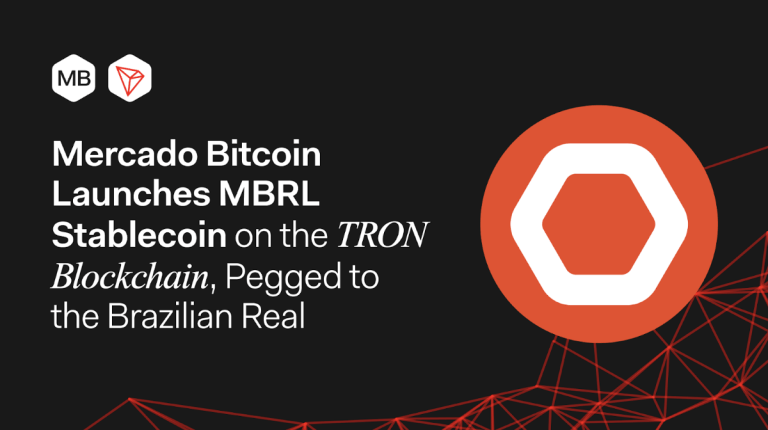Oracle has added new features to their Oracle Blockchain Platform – that help users speed up the development, integration, and deployment of new blockchain applications.
With this latest release, Oracle has added unique developer-oriented productivity enhancements and consortium-oriented identity management features, which are critical to diverse organizations conducting business transactions via a blockchain network. New DevOps capabilities make the platform easier to integrate with existing business and IT systems. Additionally, as blockchain becomes an important data store in the enterprise, the platform enables Oracle Autonomous Data Warehouse customers to transparently capture blockchain transaction history and current state data for analytics and to integrate it with other data sources.
New features include:
- Enhanced world state database to support standard SQL-based ledger queries reducing the complexity of developing chaincode using readily available programming skills, ensure smart contracts can safely rely on the query results, which are verified at transaction commit, and significantly boost the performance of rich data queries.
- Rich history database shadows transaction history into a relational database schema in the Autonomous Data Warehouse or other Oracle databases, which transparently enables analytics integration for interactive dashboards and reports.
- Enhanced REST APIs for event subscription, blockchain administration/configuration, and monitoring of network health, transaction rates, and other statistics, which simplify integration with existing enterprise IT tools.
- Identity federation further extends authentication capabilities to work with external identity providers to facilitate consortium blockchains with many diverse participants using their existing identity management systems.
- Third-party certificate support for registering client organizations on the blockchain network to enable them to use existing certificates issued by trusted third parties.
- Hyperledger Fabric 1.3 support, which adds many new features based on the evolving open source version, including chaincode development in Java, further leveraging existing enterprise skills, and support for private transactions among a subset of members, preserving privacy and business confidentiality. This demonstrates Oracle’s commitment to stay current with the Hyperledger community by leveraging new releases and contributing to the open source community.
“Oracle’s continued leadership and investment in enterprise blockchain technology ensure that the platform has all of the critical capabilities organizations need to build blockchain applications to handle their most important business transactions,” said Frank Xiong, group vice president, Blockchain Product Development, Oracle. “The number of customers already running blockchain applications based on Oracle’s blockchain platform is a testament to the strength of the technology and the value it brings to a broad range of industries.”
While blockchain can greatly streamline many existing processes surrounding supply chain, identity, cross-border payments, and fraud detection, businesses have struggled to implement blockchain networks within their existing ecosystems. Oracle Blockchain Platform addresses this challenge by streamlining the process of building and integrating blockchain applications across diverse business networks and connecting them into the relevant business processes within these ecosystems.
Worldwide Customers with Blockchain Apps in Use
Using blockchain applications, Oracle customers are establishing new ways to increase trust in diverse ecosystems and increasing the speed, security and efficiency of a wide range of business processes. Oracle’s rapidly growing list of global customers with production deployments on its enterprise-grade blockchain platform include:
- China Distance Education Holdings Limited (CDEL) uses blockchain to share educational records and professional certifications across many educational institutions to help employers and recruiters verify the educational credentials claimed by individuals.
- Circulor uses blockchain to track conflict minerals from their origin at the mines to processing and use in electronic components to ensure ethical sourcing of raw materials.
- SERES uses blockchain to bring greater trust and efficiency to electronic invoicing in franchise networks, which share ordering and fulfillment data between franchisors and franchisees.
- Additionally, Arab Jordan Investment Bank, CargoSmart, Certified Origins, HealthSync, ICS Financial Systems, NeuroSoft, Nigeria Customs, OriginTrail, SDK.Finance, and TradeFin have built or integrated production-ready blockchain applications on Oracle Blockchain Platform.
“Oracle’s blockchain solution delivers enterprise performance, security and scalability right out-of-the-box,” said Doug Johnson-Poensgen, CEO and founder of Circulor. “We started with the Oracle Blockchain Platform four months ago and were able to go from zero to a production system spanning multiple organizations involved in ethical sourcing of minerals within a matter of months. Another key advantage is that we were able to integrate Oracle’s blockchain platform into a hybrid blockchain network spanning multiple clouds and easily integrate with our existing systems and applications.”
“Blockchain improves the trust relationship between franchisor and the franchises by including best practices and decentralized access to the transactions. Normally, merchandise acceptance processes are manual and require an operator entering the data into the system. But, for example when a franchise has economic problems, it can repudiate that delivery, saying that it never received the merchandise. They can manipulate the database and, on the other hand, also the franchisor can manipulate it,” said José María Mínguez Gutiérrez, Transactional Services Manager of SERES. “With blockchain and its immutability and traceability of information, all these problems disappear and all parties can trust the data and the transactions.”
Oracle provides a comprehensive blockchain offering, including business-ready Oracle Blockchain Applications Cloud and Oracle Blockchain Platform for developers who need to build or integrate their applications. Oracle’s blockchain applications are built with Oracle Blockchain Platform and seamlessly connect with Oracle Supply Chain Management (SCM) Cloud, Oracle Enterprise Resource Planning (ERP) Cloud and other Oracle Cloud Applications. Oracle Blockchain Platform is production ready with enterprise-grade capabilities, easy to adopt, and quick to develop upon, accelerating customer’s blockchain journeys and saving their costs.
Additional Resources
- New Release: Oracle Adds New Features to their Enterprise Blockchain – February 12, 2019
- Fetch.AI joins the IoT Alliance With Bosch, Cisco and Others to Accelerate IoT – February 7, 2019
- Dr. Bernard Lietaer – Monetary Visionary, Futurist, Author, RIP – February 5, 2019
- Fetch.AI To Launch Token Sale on Binance Launchpad to Build Intelligent Machine-to-Machine Economy – February 1, 2019
- Philippines Introduces New Rules for ICOs, STOs and Cryptocurrencies – January 31, 2019
- Evernym Cuts Deal with Red Cross and other Nonprofits Who Will Work with their Self-Sovereign Digital ID Solution – January 30, 2019
- Evident Proof Receives ‘Highly Commended’ Listing at the UK Innovation and Entrepreneurship Award Category at the 2018 UK IT Industry Awards – January 30, 2019
- Plato Technologies and Blackmoon Team Up to Expedite Launching of New ‘On-the-fly’ ETx’s – January 30, 2019
- Amnis Ventures backs CloseCross Raises $3 Million USD to Transform Financial Derivatives Market – January 30, 2019
- Distilled Identity and Emerge Announce Technology Partnership to Solve Global Identity Crisis for Refugees – January 22, 2019
- Satellite Project SpaceChain Concludes the First Qtum Blockchain Transaction in Space – January 22, 2019
- AAX Digital Asset Exchange to be Powered by London Stock Exchange Group Technology – January 22, 2019
- Amsterdam’s Blockport Launches Full Featured Trading Platform – January 22, 2019
- Swarm Offers Free Issuance of Security Tokens – January 21, 2019
- London’s Blockchain Conference; Blockchain Expo Global Exhibition announces expert speakers – January 21, 2019
- Currency.com Launches Tokenised Securities Trading Platform – January 21, 2019
- Katallassos Launches a Standard Framework for Decentralised Derivatives – January 11, 2019
- Dutch Crypto Trading Marketplace Cryptohopper at CES 2019 – January 8, 2019
- Interview with Ammbr – A Blockchain-Enabled Mesh Network Bringing High Speed Internet to Emerging Economies – January 8, 2019
- Zion Market Research Report Explains: Global Blockchain In Energy Market likely to grow to USD 11,899 Million By 2024 – December 27, 2018






